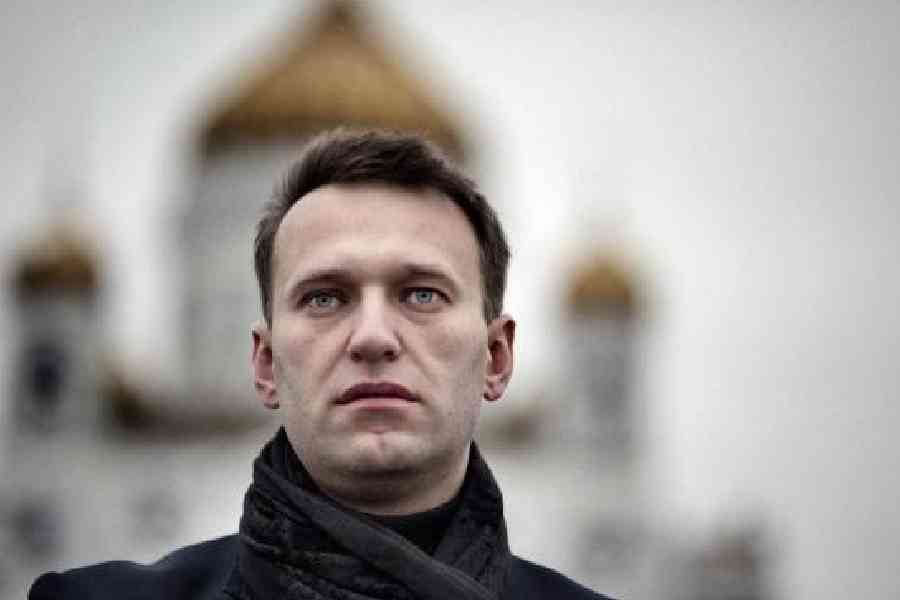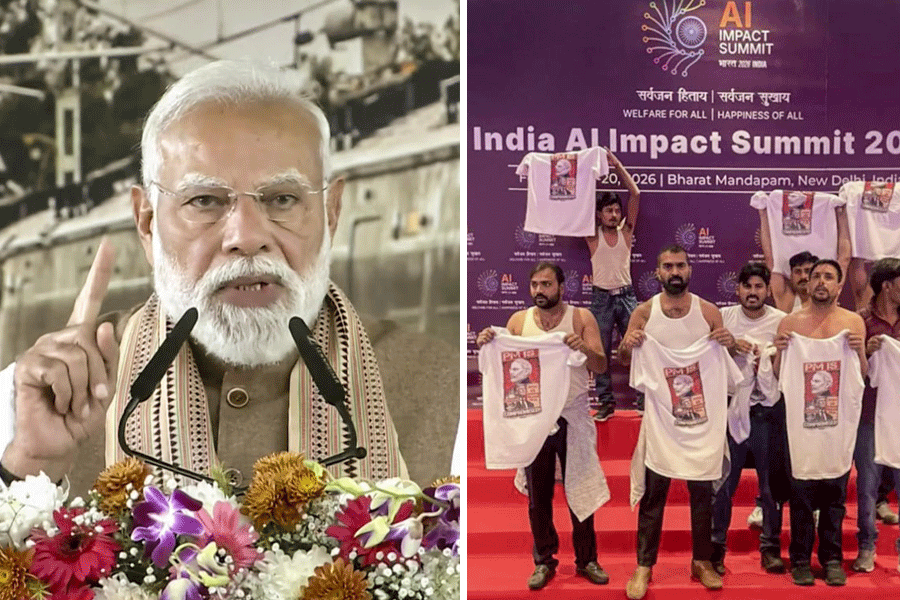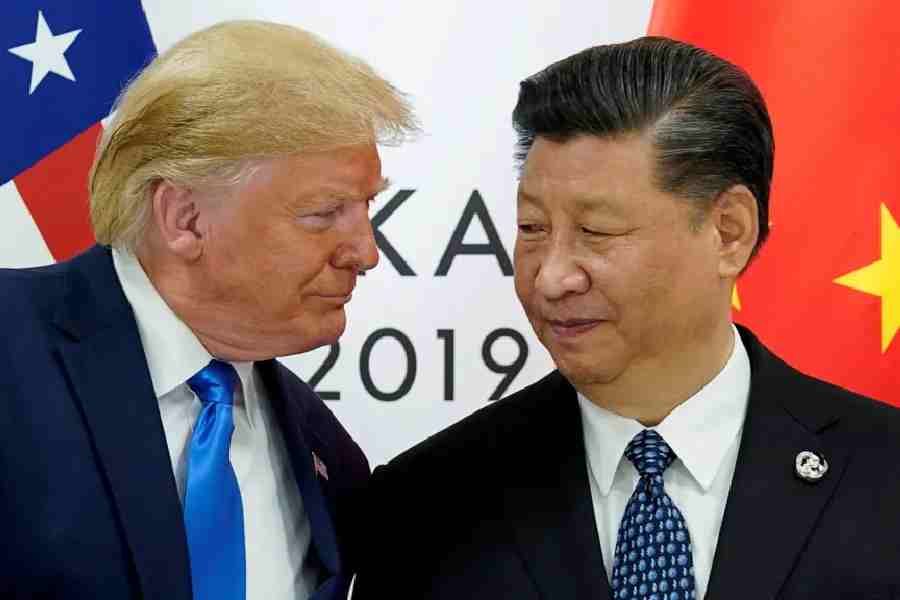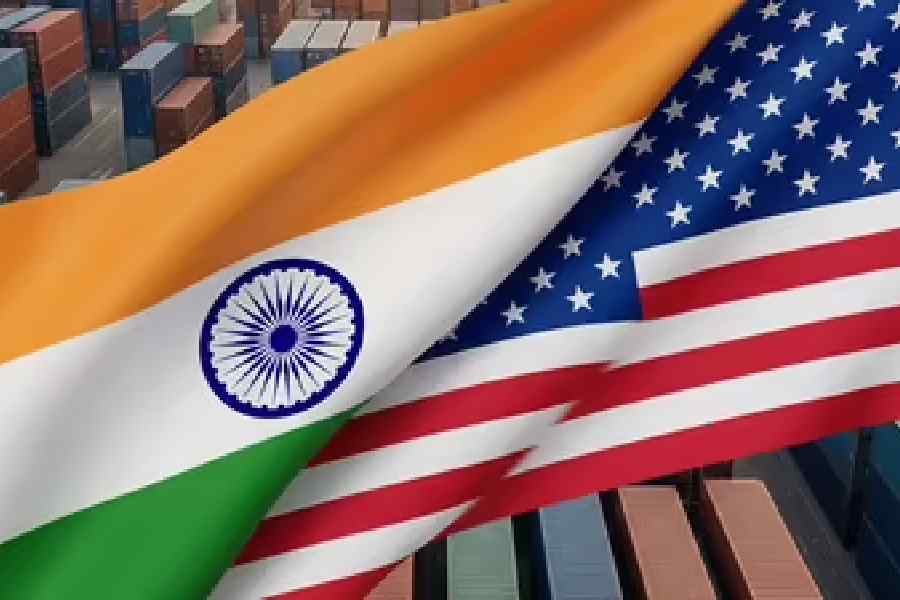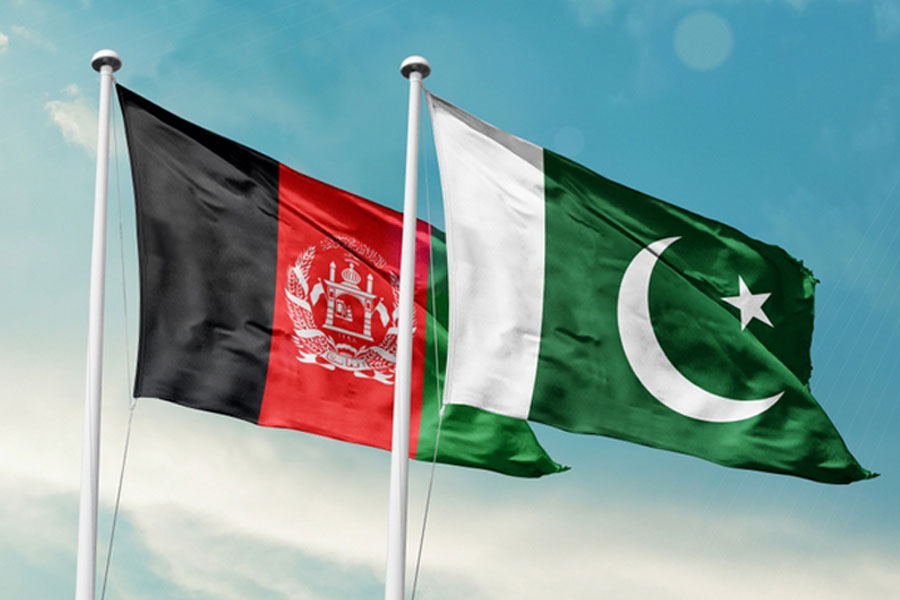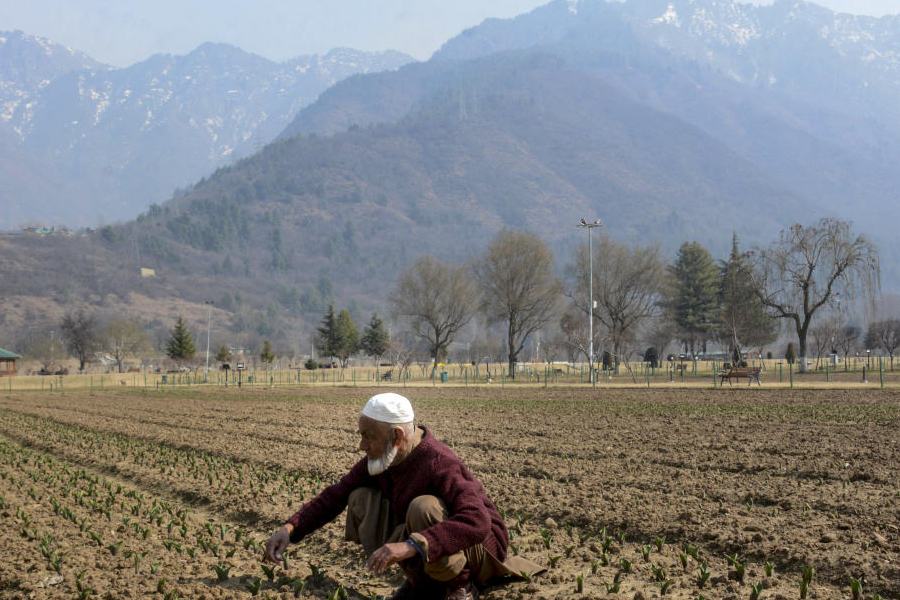Book name- Patriot
Author- Alexei Navalny
Published by- The Bodley Head
Price- Rs 1,399
Personal memoirs are ‘odd things’ indeed. For instance, the information that Prince Harry, the Duke of Sussex and fifth in line to the British crown, used the same cream that his mother applied on her lips to treat his frostbitten penis was peddled to the unsuspecting — and traumatised — reader by his book, Spare. There are many such idiosyncratic anecdotes in Alexei Navalny’s memoir — the most embarrassing, perhaps, being the revelation that he is a big fan of Rick and Morty — which provide us glimpses of the personal life and the public struggle of the Russian ‘dissident’.
The narrative is structured traditionally enough. The dramatic beginning wherein Navalny describes, in a rather Rashomon-esque style, how he was poisoned by a nerve agent as he travelled the length and breadth of Russia to drum up support against a regime that “had made it a priority to inculcate a belief in the electorate that it is powerless and can’t change anything…”, is followed by chapters dedicated to the dying years of the Soviet panoptic State and the fluid political landscape of Russia after the fall of the Berlin Wall. Thus, Brezhnev, Gorbachev and Yeltsin feature prominently, influencing the young Alexei’s outlook towards politics; Mikhail Gorbachev’s legacy, in particular, looms large on the intelligent young minds in a newly-liberalised Russia — glasnost, perestroika and uskorenie became catchwords for a false dawn in a crumbling, failed system — creating, according to the bright upstart pursuing a degree in law at the People’s Friendship University of Russia, an environment ripe for the development of an oligarchy which further exploited the populace. It is easy to see the impact uncontrolled corruption had on Navalny’s opinion regarding his motherland: he writes how it led to the “degeneration of the institutions of Soviet power” and how Russia failed to live up to its potential owing to the lack of leaders of “the stature of Lech Walesa and Václav Havel.”
The popular opinion is that there is little space for sentimentality in politics. But that is perhaps where Navalny’s account shines the brightest; the tenderness and warmth with which he writes of his wife, Yulia, and the concern he displays for the well-being of his brother, Oleg, transform the narrative into a tremendously powerful expression of his mortality.
The David versus Goliath vibe persists even as the chronicle enters the final stage. The reader knows that Alexei will perish in jail, but cannot help but egg him on against the morally repugnant, feckless thug that Vladimir Putin is. Navalny is attacked repeatedly, jailed time after time, and doused with a toxic liquid while on air in 2017. His spirit remains indomitable: even though he is repeatedly tortured in jail, he embarks on his prison diaries — not bleak and lifeless like the gulag stories of Alexander Solzhenitsyn, but bullishly cheerful, exhorting common Russians to “not give up” and to “stand by [their] beliefs”. Navalny never claims he is a patriot, but it is clear that he is one.

